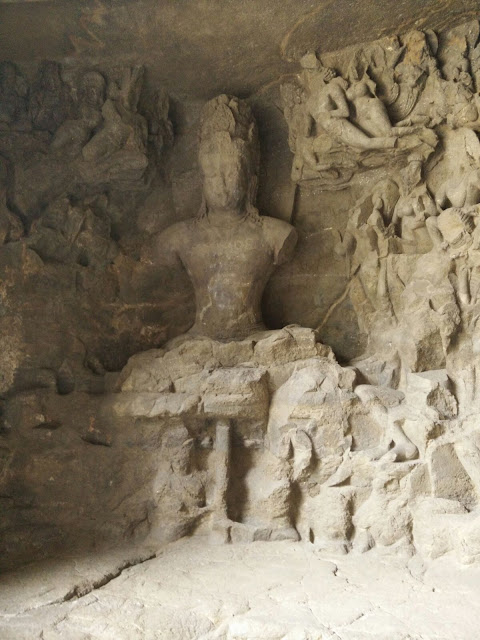I recently had the opportunity to attend the Indo Africa Cultural Confluence which has coincided with the Indo-African Summit currently being held in Delhi.
 |
| Fusion Drums music performance from Ghana |
The event was organised by the Delhi International Arts Festival at Nehru Park in Delhi. There were performances of whirling dervish of Egypt, dance & music of Ethiopia & fusion drums of Ghana. Besides this the Indian band Delhi Inde Project also known as Dilli Wala Band also rendered some rock Sufi music.
The drum performances by the Ghana team was superb. Listen and see the small video of their performance here-
More such performances should be held so that we can listen and see the music and culture of the world.
Also read:
Sufiana Music by Bandanawazi Qawwals
European Day of Languages - Enthralling Performance
Wise Guys and the Maharaj Trio for the Butterflies
The drum performances by the Ghana team was superb. Listen and see the small video of their performance here-
A short video of Fusion Drums music from Ghana
More such performances should be held so that we can listen and see the music and culture of the world.
Also read:
Sufiana Music by Bandanawazi Qawwals
European Day of Languages - Enthralling Performance
Wise Guys and the Maharaj Trio for the Butterflies






